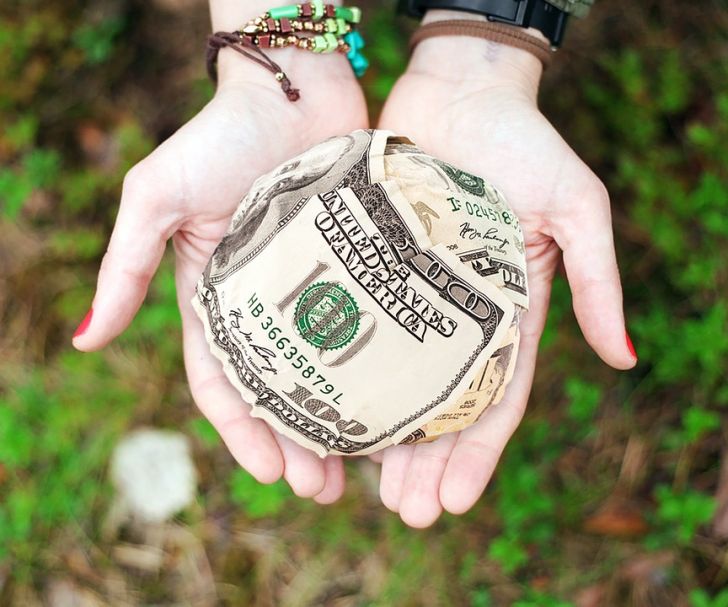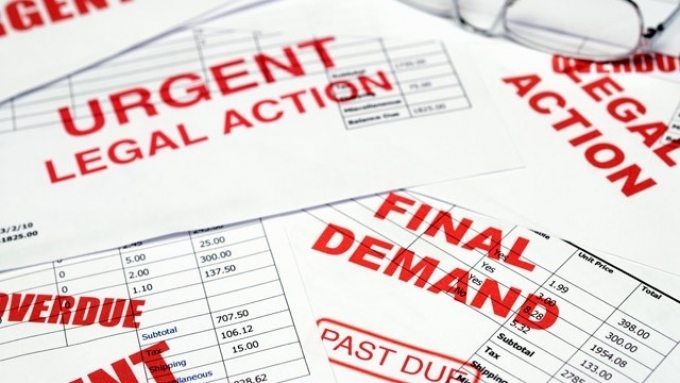Charity Scam Prevention – It is good to know that you are going to go with charitable organizations to do some good. However, the big question is how you could know that they are legitimate organizations. Well, giving is not as simple as that.
If you are experiencing the fraudulent nonprofit, then how can report them? When it comes to charity, the first concern is on the safety. Make sure that you are giving to the right place.
Charity Scam Prevention – The Best Ways On How To Check Out A Charity
- IRS-Approved Charities Only
We recommend you to go to IRS-approved charities only. IRS is available with a search for charities. Well, that is not enough. You should do something more. For example, if you found that the charity is there, you should find more information about the charity. Concern on what is the goal of the organization, how effective and efficient their charities and what is their achievement by implementing charities.
- Ask
Asking the charity is important to verify that the organization has tax-exempt status. In addition, you should know about their eligibility to get an IRS letter known as the tax-exempt. In fact, there are many nonprofits and not all of these organizations are tax-exempt. Therefore, it is good for you to look for the nonprofit with 501 (c) (3) that you wish to donate to, especially if you want your donation gets a tax deduction.
- Charity Watchdog
Do you know charity watchdogs? You can use them to give some valuable information about the charity that you are going to join with. Charity watchdogs are available as the third party organizations. Their goal is to keep an eye, especially in the charitable world. Some of these organizations provide the information to help you make your judgments. Others have their way by ranking the nonprofits to give the sign that they are great to work with.
Speaking of the charity watchdog, there are the three top options to use. First, you should go with CharityNavigator.Org. Their work is to provide the rates of charities based on their transparency, efficiency, and accountability. For charities that get more than four stars, it means that they are the safe and effective option.
Alternatively, GuideStar.Org has the list of millions of nonprofits in their database. These nonprofits are available to meet the standard and the criteria of IRS as the exempt organizations. By using this site, you can easily find the most recent tax forms that the charity has filed. Check carefully and make sure there are 990s as the good indicator that you can go to the charity.
The BBB Wise Giving Alliance can be the last choice. As the division of the Better Business Bureau, the charity watchdog provides the information about the charities. Moreover, they provide the guideline on how to have wise giving; dealing with issues fraud alerts and provides a national charity seal for the vetted charities on their websites. Even BBB allow the consumers complain about the misleading charity.
- Check The Charities Through State And Federal Law Enforces
You can visit at the general office in your state and ask help of an attorney to investigate fraud, such as the fraudulent practices done by nonprofits or groups that claim as nonprofits. It is the best place to go if you have any complaint about a nonprofit in your area. Alternatively, you can use The National Association of Attorneys General that provides the list of Attorney General in each state complete with the contact information.
In case that an organization claims to be a nonprofit illegally and they solicited you, what you should do is using Federal Trade Commission to file a complaint.
In addition, it is essential to know that only some of charitable causes have been registered with the IRS. If you are giving to a small and local cause and it is not tax-exempt, be sure that you know the people who are asking for the money. Keep in mind that the donation you gave to non-registered organizations is not tax deductible.
There are many causes happen such as running their course and then go away. If so, it does not mean that they are fraud and illegal. It is fine if a group of the local high school kids washed your car just to help them fund their band. It is also okay if you donate on one of the crowdfunding sites just to help an individual.
However, it is important to note that the car-washing group goes with their school or other institution. Furthermore, you should know about the person who raises the money on the online websites. Do not stop there; you should also verify that they are going with the legitimate needs.
Handling Telephone and Email Solicitations
Be super cautious when someone you do not know sent you an email or called you on the phone. We called it telephone fundraising which can be dangerous. Commonly, some charities pay professional companies to make these calls. The one who receives the money is the solicitors, not the charity or the people who are in needs.
Tampa Bay Times and The Center for Investigative Reporting have their efforts to investigate these practices. Therefore, they provide you with the worst charities in America and the list of fake charities so you can prevent the fraud.
Move to email, the risk of phishing frauds is very high. They can steal your private information as well as your credit card details.
There are several tips on how to handle telephone calls and emails about charities:
Say No – If you do not know about the charity very well, you should reject it. Just tell that you do not respond to any telephone solicitations. Alternatively, you can suggest them to send you a letter. Another good answer is you can donate in your way. To help you in these situations, you can have a plan for yearly charitable donations. This is important so you know where the donations go, how they do the donations and when they do the donations.
Do Not Divulge Your Credit Card/ Bank Account Number – Do not try to do this. It is not safe for you to divulge your credit card or your bank account number. You can do if you initiate the call.
Do Not Respond To Email Solicitations – If you do not know about the organization personally and you do not choose them to start any communications, then you should not give your credit card information. Emailing your credit card information can be bad for you. What you should do is to go to the charity’s website and find the secure page to donate safely. Besides, make sure that the charity is not the phishing emails.
Pay Attention To Bogus Charities – Do not trust the bogus charities immediately even though their names sound to be reputable organizations.
Contact Your State Attorney General – It is good to contact your state attorney general or the secretary of state. Here, you can learn about the charities that have the license to operate in your area. Alternatively, you can report any suspicious solicitations.
Well, we do not want you to stop giving just because you are experiencing something bad with fraud charities. We want you to keep doing some good.
Related Articles You Might Like:
- Donate Prom Dresses for Charity
- Charities that Help with Car Repairs and Donates Cars
- Knitting for Charity: Patterns, Tips, & Organizations to Bring New Hopes
- Donate Car to Charity California
- How Much Money Do You Get For Donating Plasma And Should I Donate Mine?
- 5 Reasons Why You Must Donate Old Cell Phones
- Can You Donate Blood if you Smoke Weed?
Image:pixabay.comyour-guide-to-safe-charitable-giving-2502024




